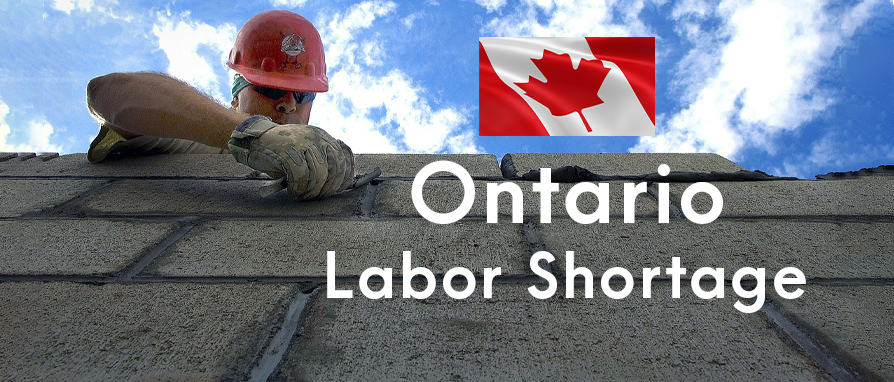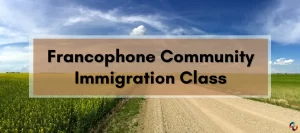
Monte McNaughton, Ontario’s immigration minister, wants the provinces to receive more immigrants under the Provincial Nominee Program (PNP) and to have more control over economic immigration. In his latest interview with CIC news, he says, “As of now, about 211,000 immigrants are expected to arrive in Ontario this year. Ontario picks fewer than 5% of those immigrants, by comparison, Quebec will pick around 50,000 immigrants this year, British Columbia will select 11,000, and Nova Scotia will select 50% of its immigrants. We’re truly at a disadvantage, which is why I want a fresh immigration arrangement from Ottawa.”
McNaughton also stated that while there are 211,000 newcomers expected to arrive in Ontario this year and around 378,000 open positions, the government is only authorized to submit 9,750 of them for Canadian permanent residency under the Ontario Immigrant Nominee Program (OINP). Negotiations have already commenced. McNaughton emphasized his great working relationship with his federal colleague, saying he communicates with Canada’s Immigration Minister Sean Fraser on a weekly and, occasionally, daily basis.
The federal government has the last word on who may come to Canada, although provinces and territories can set their own immigration requirements. Because the present COIA (Canada-Ontario Immigration Agreement) is about to expire, Ontario has the chance to modify its immigration partnership with the federal government.
What Are The Two Requests Ontario Is Making To The Federal Government?
McNaughton said he is making two important demands to the federal government: the first demand is for doubling Ontario’s PNP allocation to 18,000 and the second is for gaining more control over economic immigration.
He also says that the existing strategy isn’t working. The federal government should invite more economic immigrants.
However, Ontario has previously made moves to increase credential recognition for foreign employees, such as removing the requirement for Canadian experience in a variety of regulated sectors. The minister, however, believes that more can be done to encourage economic immigration to the province.
Current Ontario Immigration Situation
Ontario has one of the most distinct immigration situations in Canada. It is by far Canada’s most populous province; thus it is unsurprising that it accepts the greatest number of immigrants bound for Canada. Despite the fact that Ontario has 40 percent of Canada’s population, it has accepted 45 percent of the country’s immigrants before the epidemic. It received nearly half of the approximately 405,000 new immigrants who arrived in Canada last year. This was due to IRCC converting more temporary residents to permanent residents through Express Entry, among other methods, in order to meet its Immigration Levels Plan objective of attracting over 400,000 new permanent residents.
To encourage a more equal allocation of immigration across Canada, IRCC established the PNP in 1998 to give smaller provinces and territories more voice in economic class immigration selection. Larger provinces use the PNP to meet unique labor-force demands in their own territories.
Indeed, prior to the pandemic, Ontario was the only province or territory that admitted more immigrants from the family and refugee classes than from the economic class. This issue is growing more pressing as the province faces serious labor shortages, which are also being felt across Canada.
On the other hand, the federal government must cope with the difficult task of balancing national immigration goals. Given that Ontario is currently the favored destination for the majority of federally selected economic class immigrants, raising its OINP allocation might jeopardize IRCC’s purpose of promoting immigration to the remaining provinces and territories in Canada. However, IRCC might try to find a middle ground by boosting the OINP allocation while simultaneously increasing the PNP allocations of other provinces and territories that express this wish. A general increase in PNP allocation could reduce the possibility of a higher OINP allocation, impairing the ability of other jurisdictions to attract newcomers.






